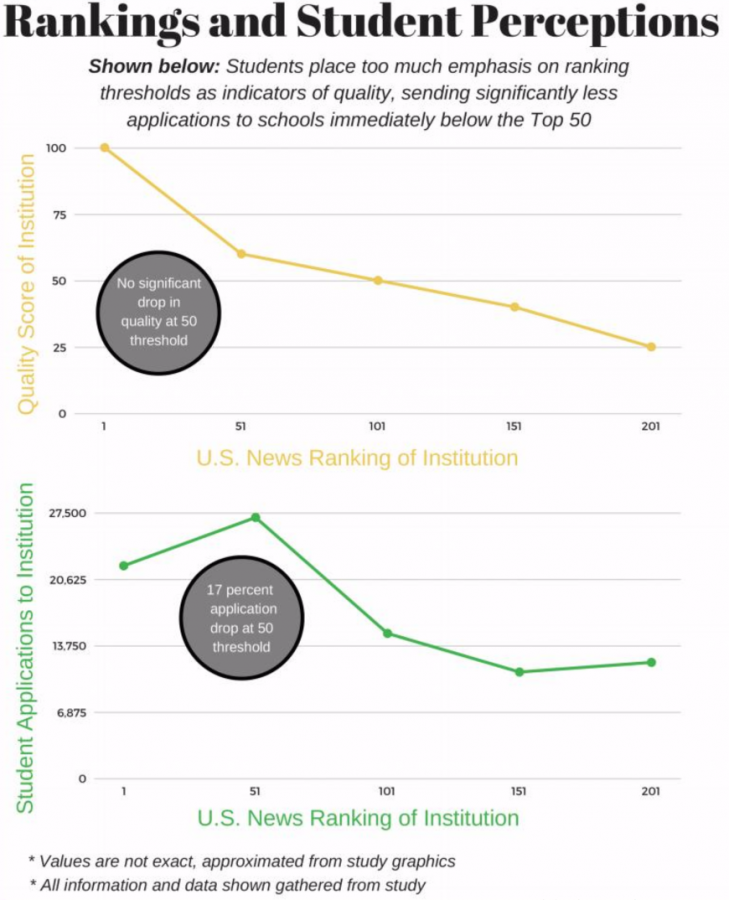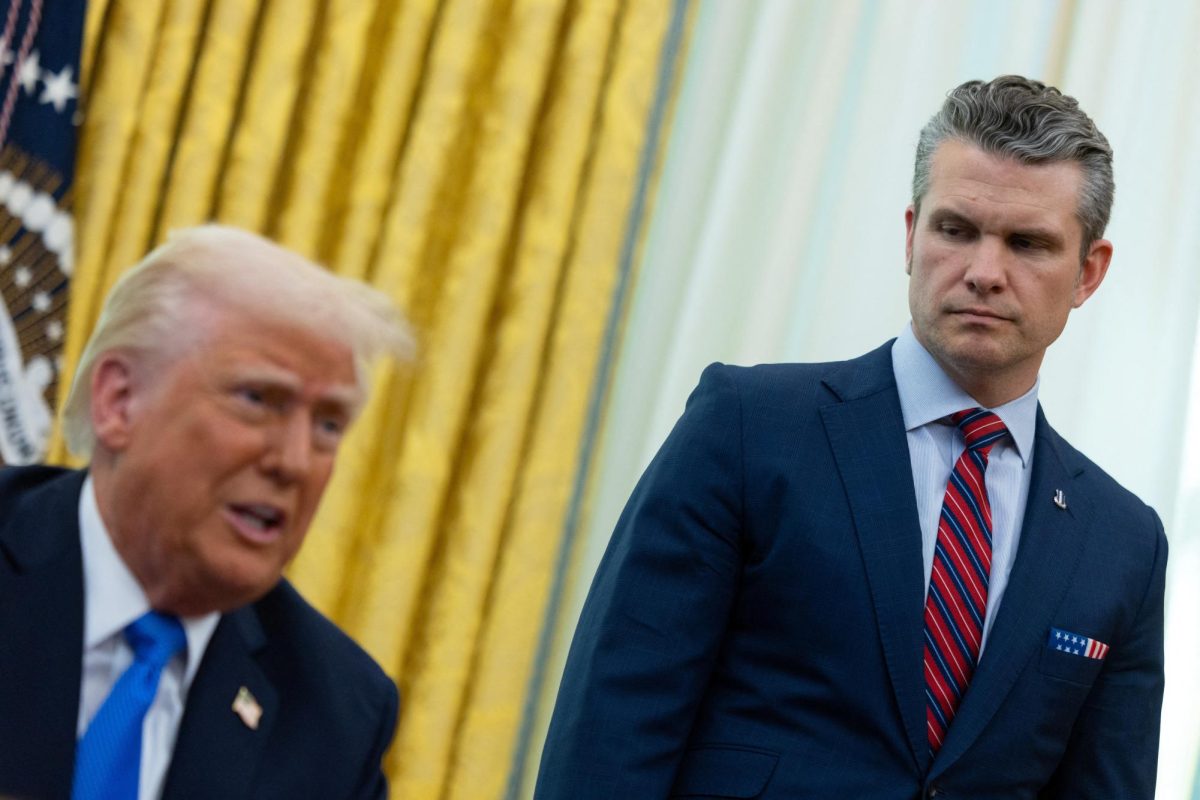For strictly compassionate, humanitarian reasons, I agree that we needed a new law to cover the millions of uninsured persons in our country. This, I think, is the most Christian policy we could adopt.
However, no amount of compassion can overcome this bald, unavoidable fact of economics: When a third party (e.g., the government) pays for someone else’s consumption, it invariably causes consumers (or patients) to abandon economizing habits that help keep prices down and consumption at a minimum.
To see my point another way, imagine a new law by which the federal government could cover everyone’s cost of getting a monthly haircut. What would naturally happen to the cost-saving decisions that we had made when choosing where we get our haircuts and how much we are willing to pay?
I don’t know about you, but I would quit having my brother fumble with his clippers and get a professional haircut. And while I’m at it, I’ll probably want shampoo and highlights, too. Heck, if someone else is paying, then why not?
Health care, unfortunately, is a market that’s just as vulnerable to this type of wasteful, non-economizing consumption. To make matters worse, the demand for health care increases as persons become more entrenched in those unhealthy habits and behaviors that lead to chronic illnesses like diabetes, high cholesterol and emphysema.
Does providing accessible health care ultimately reinforce these bad habits and behaviors? Probably.
If patients lack a firm (especially economic) incentive to shun unhealthy living, will their health care consumption be expensive? Most definitely.
So what should have been done? The trick is to design a system that has patients and doctors putting “more skin in the game.” A competitive, refereed market could do this.
We need a system in which doctors and hospitals must compete for the precious health care dollars of patients who are being thrifty and watchful in both their spending and personal lifestyles.
Smoking, eating fatty foods and engaging in risky behaviors ought to be expensive habits that we avoid because of the detriment they present to our health.
With all the right elements of a competitive market, you would see in medicine something similar to what we now, thankfully, have among barbers and hairstylists: affordable prices and readily available services.
Of course, having a human body comes with its share of surprises: a congenital heart defect, disability, complicated pregnancy and trauma from a crippling car accident, just to name a few.
These are events that we can agree are catastrophic in nature and that even the most health-conscious patients could not foresee or avoid. In these instances, the government could play a role in enacting catastrophic health insurance for all citizens to protect against these misfortunes.
But instead, the government is going to do more than that. It’s going to do the economic equivalent of paying for everyone’s haircut.
While morally praiseworthy, the recently enacted law is economically unsustainable. Even our best intentions cannot overcome that troubling fact.
Francisco Nava is a junior in the College of Arts & Sciences.











Alvin • Apr 8, 2010 at 10:35 am
Right on!